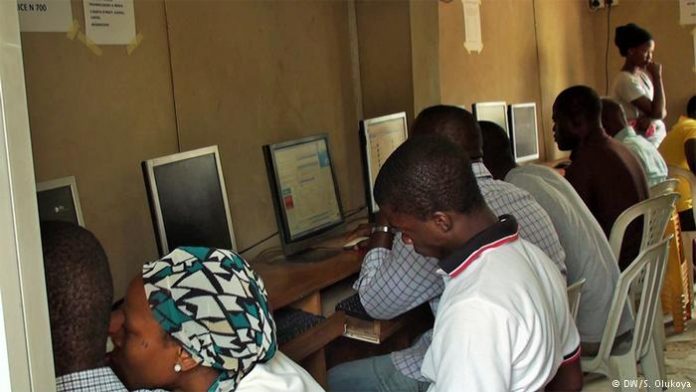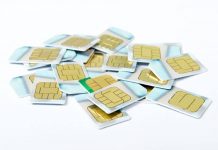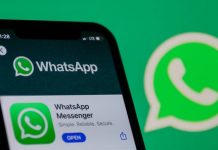Many youths in Africa are crazy about the trend in Information Communications Technology, ICT. An individual could carry numerous mobile devices that tend to keep him or her ever busy on one or the other. He or she possesses laptops, iPads, iPods, and smart phones with dual SIM cards. The idea is to stay sufficiently wired and connected. But, connected to where? Well, it could be the case of preparing robotics for a new world.
The introduction of the GSM technology democratized the use of telephones by Africans. Its uniqueness was not just its ubiquity, the ‘Pay As You Go’ package made calls more affordable. The technology was soon to change the lifestyle of the people and engender a new set of behavior while moving most activities onto handheld devices. People could read books, play music and watch movies on the go. They could buy virtually everything online, do their banking transactions on their devices and communicate through different platforms, on their phones.
Handheld devices became the most important possessions for millions of young people, especially the ones who boast of smattering education. The companies providing these services, particularly those that were being properly run exploded with the returns that they were making while smiling all the way to their banks.
Let us situate this market scenario properly, by taking a look at a current report published by Jumia. According to the report, Nigeria has about 150 million GSM subscribers, out of which about 97.2 million are internet subscribers. These show penetration rates of 81% and 53% respectively. Nigeria, therefore has the largest number of mobile and internet users in Africa which collectively has about 960 million mobile subscribers and 216 million internet users.
Egypt and Kenya come next. This is traceable to cheaper and better phones, particularly in the smartphone category, whose number has now crossed the 15 million mark. There has been noticeable improvement in network quality and services in Nigeria as driven by the regulator, the National Communications Commission and also data saving devices that have reduced usage cost.
The traditional function of the phone – making and receiving calls – has dropped even as telephone operators’ income from calls has been reduced significantly. Beyond the reduction in calls, several options now exist through which calls are made cheaply or even free of charge. These would include calling cards, internet calls, and video calls. So, what do most people do with their phones and other devices today? They spend time on what is now called, “social media”.
It is not unusual to see people hitting away on their keyboards and touch pads chatting for hours. These social media platforms include Facebook Messenger, Twitter, WhatsApp, Instagram, Wechat, Viber, iMessage, Facebook, and loads of others. All these have rendered the traditional short message services (SMS), almost redundant and obsolete. For instance, the media handlers of the current Nigerian President, Muhammadu Buhari, have taught him how to use Twitter. Now, he has no qualms communicating to the people via his Twitter handle because politicians have embraced social media platforms as a veritable medium to reach their audience. But, is this really sustainable?

















